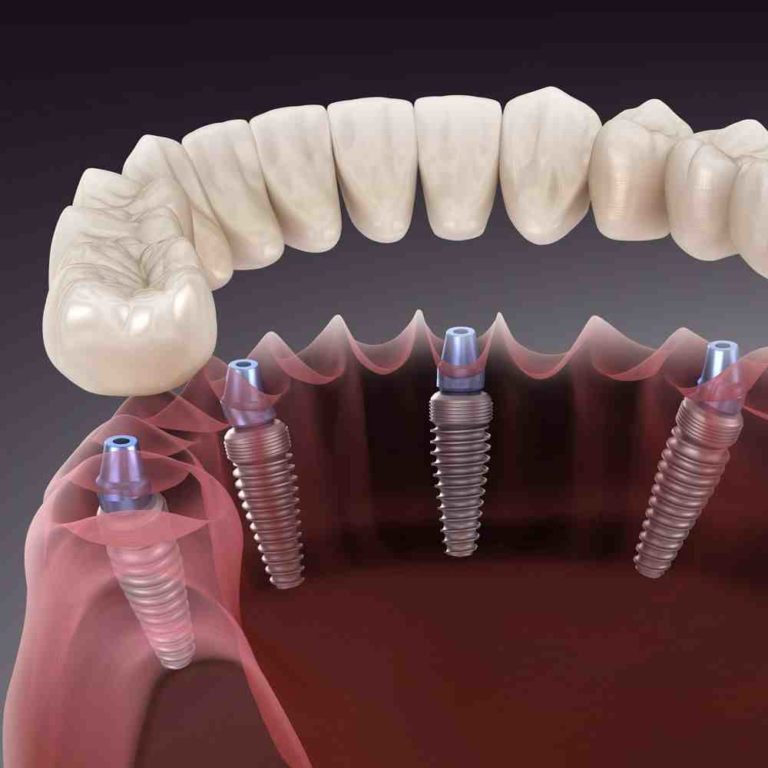Losing a tooth can be a traumatic experience, not only emotionally but also financially. The cost of dental work, including tooth replacement, can vary significantly depending on the type of treatment required. In this article, we will delve into the factors that influence the cost of replacing a tooth, providing you with the knowledge you need to make informed decisions about your dental care.

Image: sandiegoinvisaligndentist.org
Factors Influencing the Cost of Tooth Replacement
Before delving into specific treatment options, it’s essential to understand the variables that determine the overall cost of replacing a tooth:
1. Type of Tooth Replacement
The most significant factor is the type of tooth replacement method chosen. Options range from simple fillings to complex dental implants, each with varying costs:
Fillings: The most affordable option for minor tooth damage.
Crowns: Caps that cover damaged teeth, restoring their strength and appearance.
Bridges: Artificial teeth that bridge the gap created by a missing tooth.
Dentures: Removable appliances that replace multiple missing teeth.
Dental Implants: Surgically implanted artificial tooth roots that support replacement teeth.
2. Materials Used
The materials used to create the replacement tooth or restoration also affect the cost. Gold, porcelain, and zirconia are commonly used materials, with each having its own advantages and price range.
![Does it hurt to get your wisdom teeth removed [2022]](https://congressdentalgroup.com/wp-content/uploads/2021/04/Wisdom-Teeth-Removal-Pain-After-7-Days-1024x576.jpg)
Image: thumbuddytolove.com
3. Dental Professional’s Expertise and Location
The experience and location of the dental professional you choose can also influence the cost. Specialists like periodontists or prosthodontists typically charge more than general dentists. Additionally, the cost of living in a particular area can impact treatment expenses.
4. Insurance Coverage and Out-of-Pocket Expenses
Dental insurance can significantly reduce the cost of tooth replacement. However, the extent of coverage varies depending on the plan and may not cover all expenses. Be prepared for out-of-pocket expenses beyond what insurance covers.
Specific Treatment Options and Costs
Now that we’ve explored the factors that influence the cost, let’s delve into specific treatment options and their estimated expenses:
1. Fillings: $100-$450 per tooth
Fillings are a cost-effective option for small cavities or minor tooth decay. They can be made of various materials, with composite fillings being the most common.
2. Crowns: $1,000-$3,000 per tooth
Crowns restore the shape and strength of damaged teeth. They can be made of metal, porcelain fused to metal, or all-ceramic materials.
3. Bridges: $2,000-$5,000 per tooth
Bridges are used to replace one or more missing teeth by connecting artificial teeth to existing healthy teeth. They can be fixed or removable.
4. Dentures: $1,000-$3,000 per arch
Dentures are removable full or partial replacements for missing teeth. They are typically made of acrylic resin or metal with acrylic teeth.
5. Dental Implants: $3,000-$6,000 per tooth
Dental implants are the most durable and natural-looking tooth replacement option. They require a surgical procedure to place titanium screws in the jawbone, which then support the artificial teeth.
Expert Insights and Actionable Tips
Dr. Emily Carter, a renowned prosthodontist, advises: “Don’t be afraid to discuss the cost with your dentist and explore different payment options. Many practices offer flexible payment plans to make dental care more accessible.”
Dr. John Smith, a respected periodontist, recommends: “Regular dental checkups and preventive care can help detect and address tooth problems early on, potentially reducing the need for costly treatments in the future.”
How Much Does It Cost To Replace One Tooth
Conclusion
Replacing a tooth involves various factors that influence the cost, including the treatment method, materials used, dental professional’s expertise, and location. Understanding these factors empowers you to make informed decisions about your dental health. Remember to consult with a qualified dentist to determine the best treatment option for your individual needs and financial situation. By taking proactive steps and seeking professional guidance, you can address tooth replacement needs with confidence and maintain a healthy, beautiful smile.